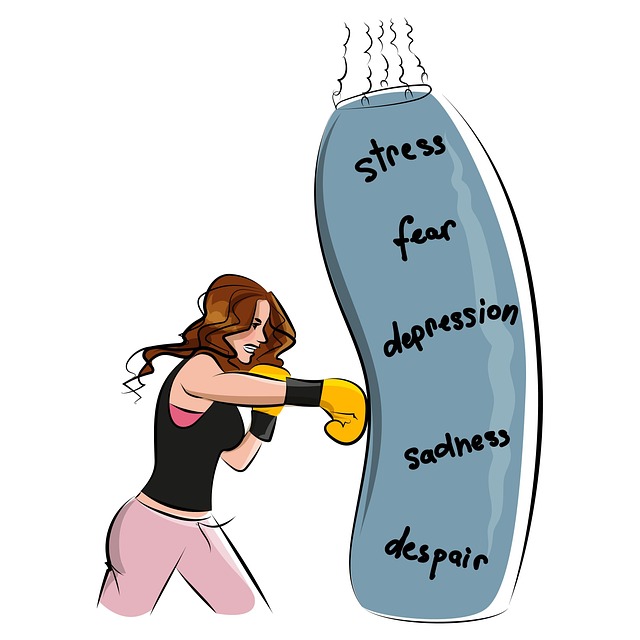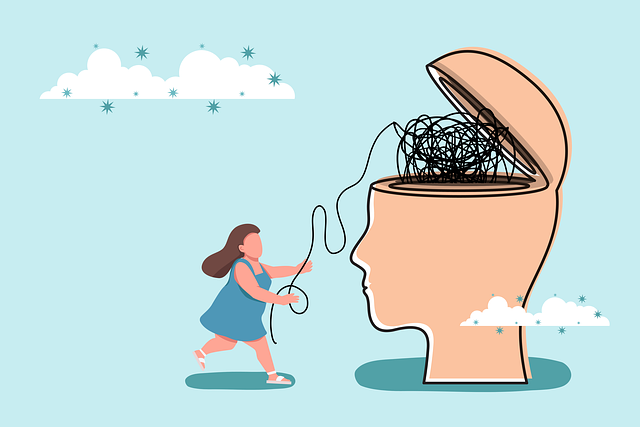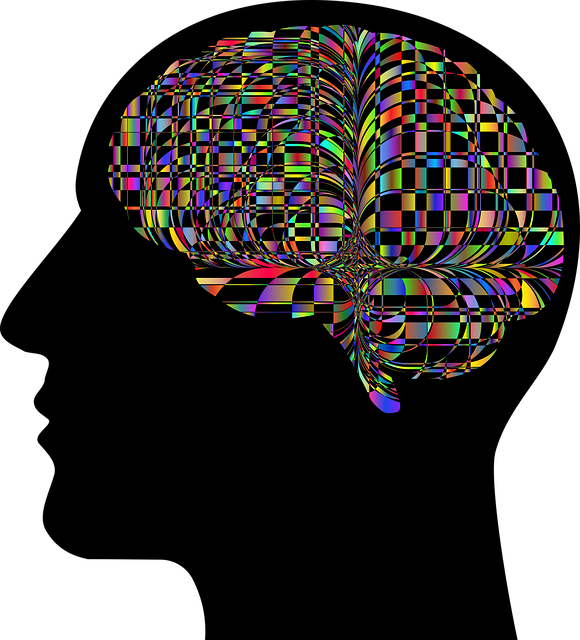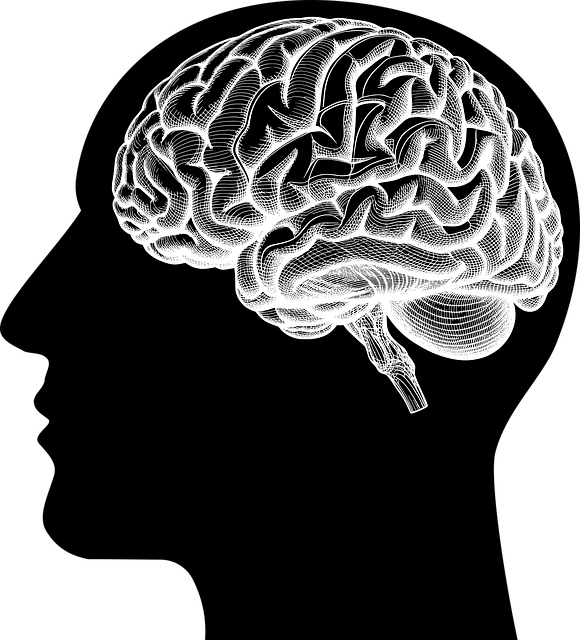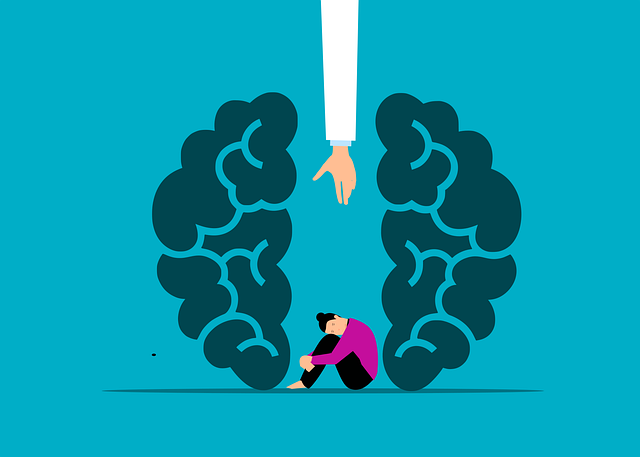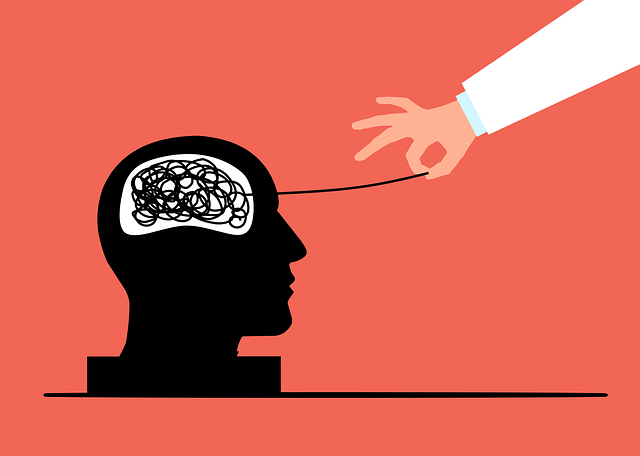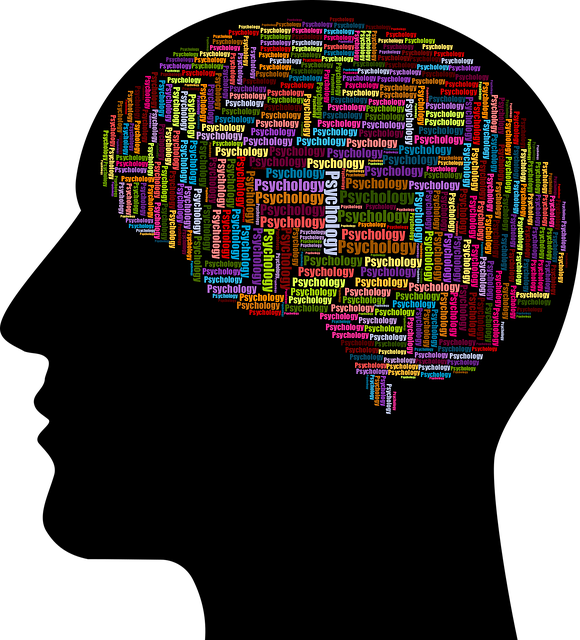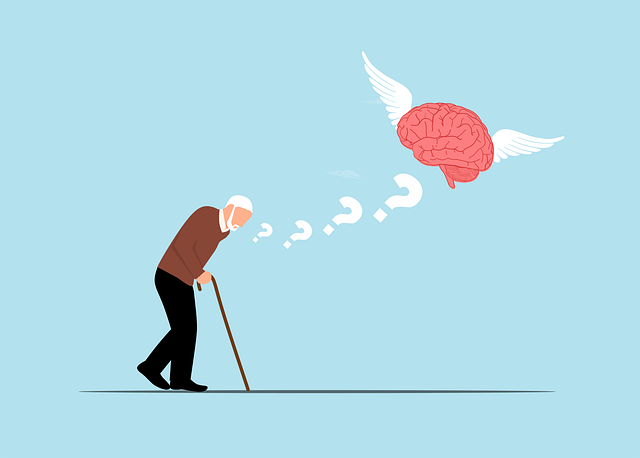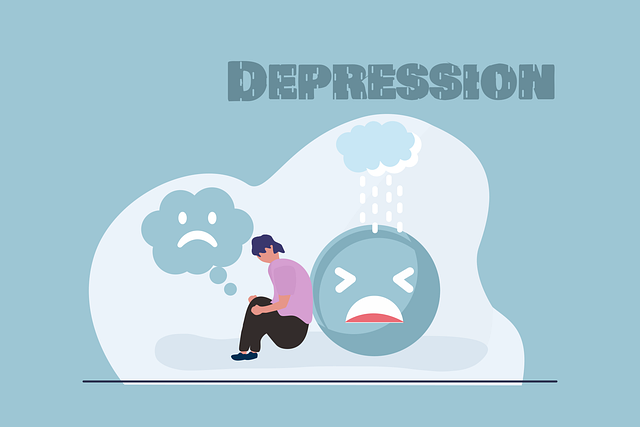Social Skills Training (SST), grounded in Golden Learning Disability Therapy (GLDT) techniques, is an effective therapy for individuals with mental health conditions like anxiety or depression. SST teaches practical tools for managing mood swings and avoiding burnout, while fostering positive relationships crucial for overall well-being. Through interactive methods such as role-playing and group discussions, participants develop emotional regulation skills, adaptive behaviors, and a deeper understanding of themselves and others, resulting in improved social functioning and enhanced quality of life. GLDT, tailored for individuals with learning disabilities, uses personalized interventions and engaging activities to promote active participation, improve communication, and build self-confidence, contributing significantly to anxiety relief and improved quality of life. Integrating social skills into daily life is vital for managing Golden Learning Disability (GLD), and GLD Therapy combines practical strategies for enhancing communication, building resilience, and improving self-esteem to enable individuals to thrive.
Social skills training is a powerful tool for enhancing mental health and overall well-being. In this article, we explore three key aspects of improving social interactions: understanding its fundamentals, the benefits of Golden Learning Disability Therapy, and practical strategies for integrating social skills into daily life. Discover how these approaches can foster meaningful connections, boost confidence, and promote resilience, especially in navigating challenges like learning disabilities.
- Understanding Social Skills Training: A Foundation for Mental Well-being
- Golden Learning Disability Therapy: Unlocking Potential Through Personalized Approach
- Integrating Social Skills into Daily Life: Practical Strategies for Lasting Change
Understanding Social Skills Training: A Foundation for Mental Well-being

Social Skills Training (SST) is a powerful therapeutic approach designed to empower individuals with mental health conditions by enhancing their social interactions and communication abilities. At its core, SST focuses on teaching practical strategies to navigate social situations, fostering meaningful connections, and boosting self-confidence. This type of therapy serves as a foundational step towards achieving mental well-being, especially for those dealing with conditions like anxiety, depression, or even co-occurring disorders.
By utilizing Golden Learning Disability Therapy techniques, SST helps individuals develop coping skills that are essential for managing mood fluctuations and preventing burnout. It encourages the cultivation of positive social relationships, which can significantly impact overall mental health. Through role-playing, group discussions, and other interactive activities, participants learn effective communication methods, emotional regulation tools, and adaptive behaviors tailored to their unique needs. This personalized approach ensures individuals gain a deeper understanding of themselves and others, ultimately leading to improved social functioning and enhanced quality of life.
Golden Learning Disability Therapy: Unlocking Potential Through Personalized Approach

Golden Learning Disability Therapy (GLDT) represents a transformative approach to addressing mental health conditions, particularly among individuals with learning disabilities. This personalized therapeutic method recognizes that every person has unique needs and challenges. By tailoring interventions to specific requirements, GLDT empowers individuals to unlock their potential and enhance their overall well-being. The therapy focuses on developing essential social skills, fostering effective communication, and promoting self-confidence in various settings.
This innovative approach goes beyond traditional treatments by integrating activities that cater to diverse learning styles. Through engaging exercises, GLDT encourages active participation, making the process dynamic and enjoyable. By raising public awareness through campaigns and sharing insights in mental wellness journals, the therapy promotes understanding and support for those struggling with these conditions. This holistic strategy contributes to improved anxiety relief and enhances the overall quality of life for individuals affected by learning disabilities.
Integrating Social Skills into Daily Life: Practical Strategies for Lasting Change

Integrating social skills into daily life is a pivotal aspect of mental health management and recovery for individuals with conditions like Golden Learning Disability. Practical strategies that focus on enhancing communication, building resilience, and improving self-esteem can lead to lasting change. Daily interactions, whether at work, school, or in social settings, present opportunities for practicing essential communication skills. Simple yet powerful techniques, such as active listening, clear and concise speech, and non-verbal cues, can significantly improve social engagement.
Resilience building is another critical component of social skills training. Encouraging individuals to embrace challenges, learn from setbacks, and adapt positively equips them with the tools needed to navigate social situations confidently. Self-esteem improvement strategies, like positive self-talk and setting achievable goals, empower individuals to foster meaningful connections and contribute to their overall well-being. By combining these approaches, Golden Learning Disability Therapy offers a holistic framework that enables individuals to not just survive but thrive in various aspects of their lives.
Social skills training, as demonstrated by innovative approaches like Golden Learning Disability Therapy, plays a pivotal role in enhancing mental well-being. By tailoring interventions to individual needs, this therapy unlocks hidden potential. Integrating these skills into daily routines through practical strategies ensures lasting positive change, empowering individuals to navigate social situations with confidence and resilience. For those seeking to improve their mental health, understanding and leveraging social skills training can be transformative.
